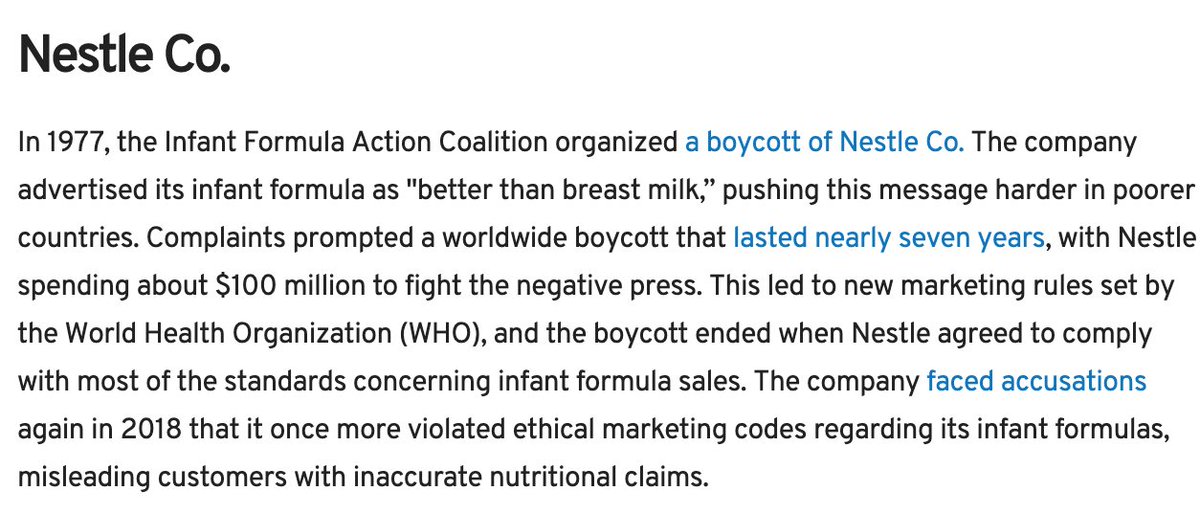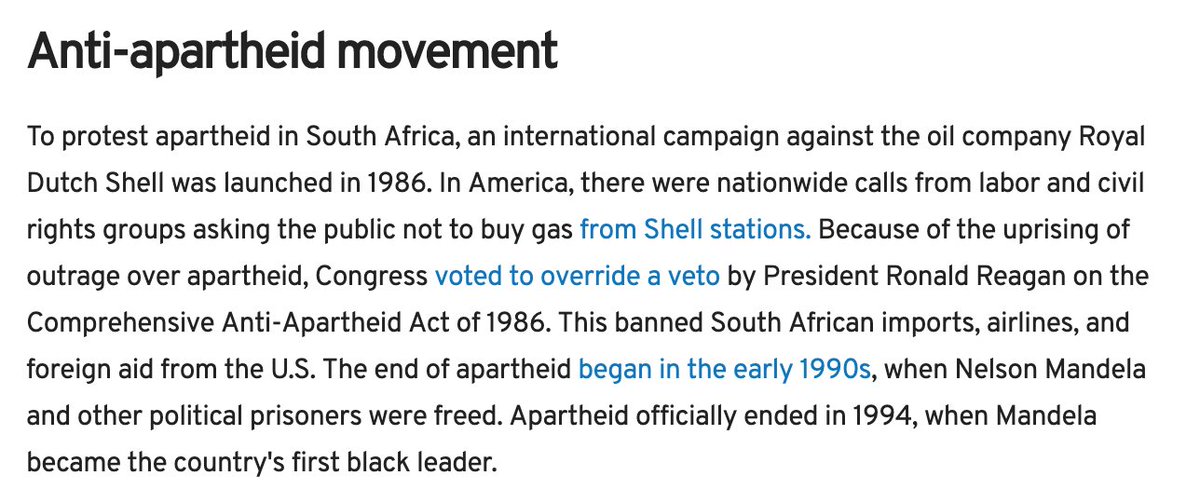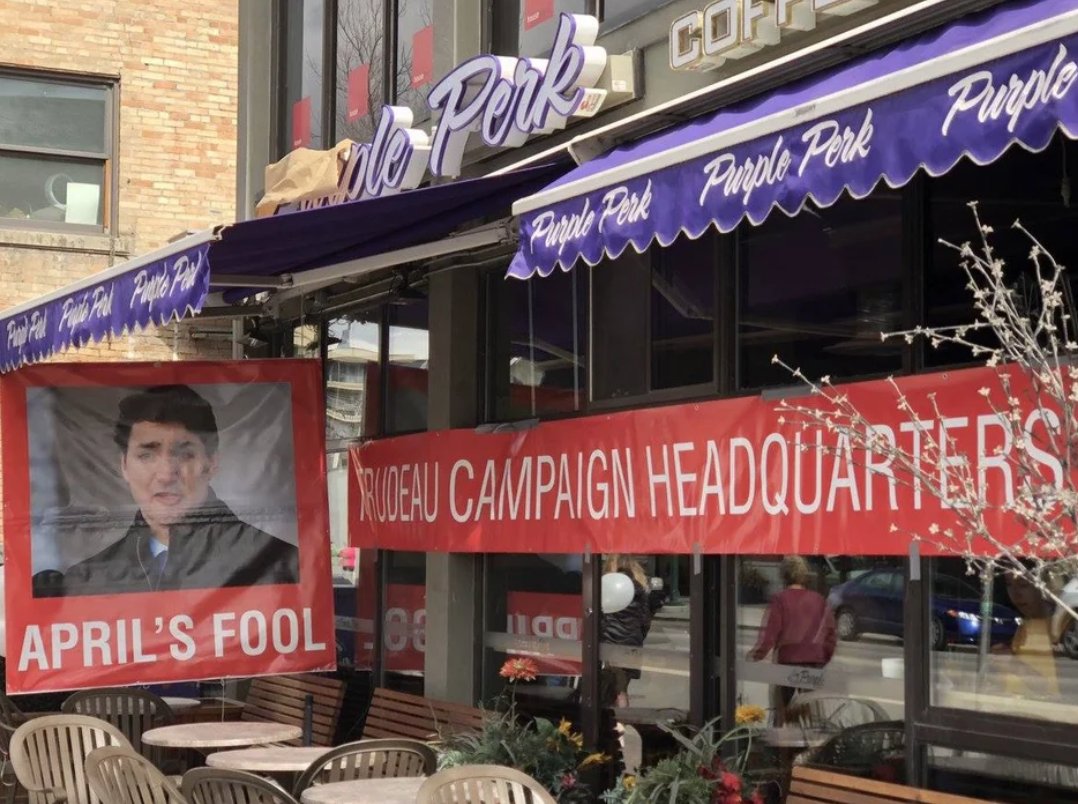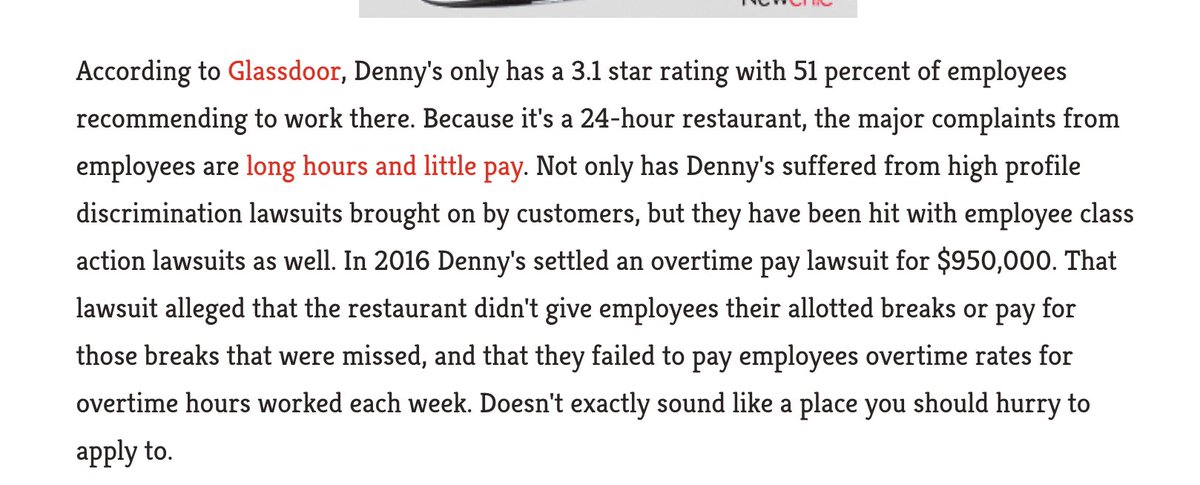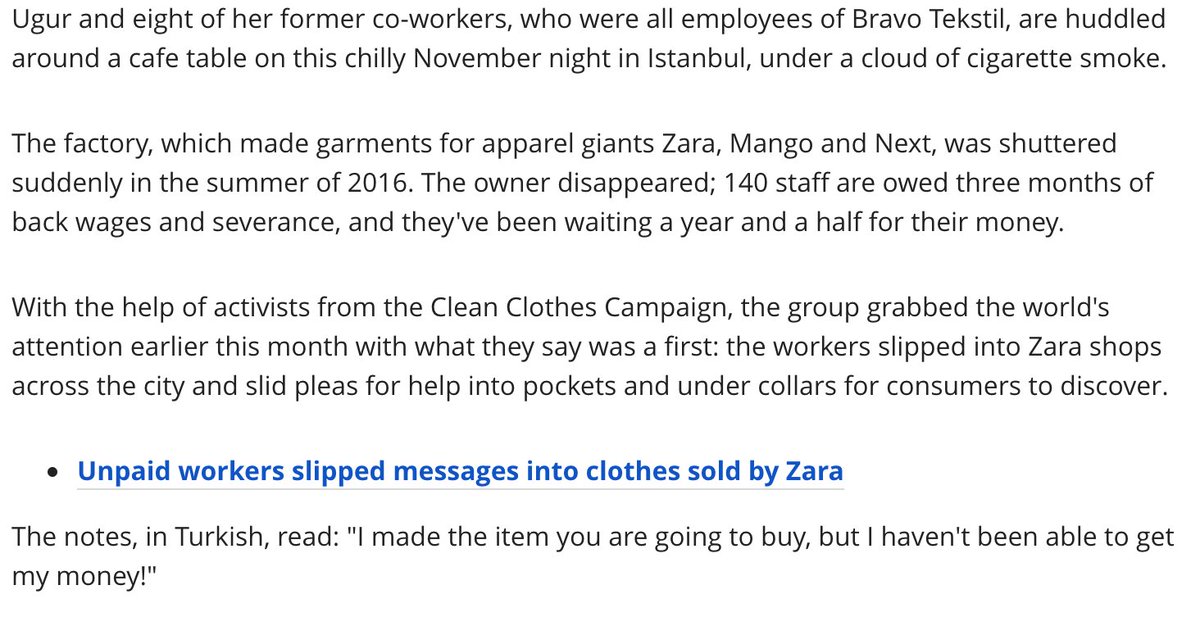Just a wee thread on what it means to "vote with your wallet." Let& #39;s just talk about this like rational humans, yes?
There& #39;s a lot of discussion out there about "the list." I understand both sides of this discussion, because I agree to a point with people on both sides of it.
There& #39;s a lot of discussion out there about "the list." I understand both sides of this discussion, because I agree to a point with people on both sides of it.
On one hand, is it immature & unnecessarily punitive to “punish” a small business owner for their political affiliations? It probably is.
On the other hand, when government in question is being immature & unnecessarily punitive, does a boycott make sense? I would argue yes.
On the other hand, when government in question is being immature & unnecessarily punitive, does a boycott make sense? I would argue yes.
There’s also free market at play in all of this. Do we have the right to know and therefore choose where our money is going? Yeah, we do. Boycotting companies and ‘voting with your wallet’ has long been a common technique, for WAY more reasons than political affiliation.
As Lawrence Glickman puts it in this article, “Consumer politics is as American as apple pie. Throughout American history, consumer activists have sought to employ consumer power, not because they naively believed in a simple form of the… (continued) https://www.oah.org/tah/issues/2017/may/the-american-tradition-of-consumer-politics/">https://www.oah.org/tah/issue...
"...sovereignty of shoppers, but because they thought that collective consumer action was a necessary element of democratic politics and a way to combat powerful economic entities.”
It has been and can be a powerful way to make a statement.
It has been and can be a powerful way to make a statement.
There have been incredible boycotts that have changed the course of history. “In 1955, Rosa Parks was arrested when she refused to give up her seat to a white passenger. Her act of civil disobedience launched the Montgomery Bus Boycott, a 13-month protest organized by …
... Martin Luther King Jr. and the Montgomery Improvement Association… the Supreme Court ultimately outlawed segregation on public buses.” https://stacker.com/stories/2502/major-boycotts-changed-history">https://stacker.com/stories/2...
People have used boycotts to tell powerful, multi-million dollar companies that their practices or production methods are not right or ethical. Nestle, Delano Grapes, SeaWorld and Shell are among the many massive companies that changed their practices* due to boycotts.
* (and by "changed their practices" I mean either they were forced to change the way they did things, or if they did not change their practices, the boycotts still led to change in terms of legal/social structures.)
Personally, while I don’t/wouldn’t boycott a small business in my town for sending in a $500 donation to the UCP (or voting for them) I WOULD & do avoid supporting a large company that& #39;s donated thousands to install a governing party who, in action, are callous & vindictive.
I mean, let& #39;s be real: overall, I find that once you start living in a certain way, the “voting with your wallet” comes extremely naturally. It’s not difficult. I simply have a certain set of questions I ask about a company that leads me to a natural, conclusive answer.
“Where do your products come from? What are your production methods? Do you have environmental standards? Do you treat your employees fairly? Do they get sick pay, fair wages, etc?” Bonus points if company has community presence, donates to charity, is locally owned/ operated.
Once you start asking those questions, the choice of where & what to buy is easy. My own list of boycotts has been in place for over 10 years & I’m very happy not to enter the door of a Walmart, McDonalds or Zara (as well as most clothing companies.) I don’t miss them at all.
All of this to say: I believe in community & in caring for our neighbours. If my neighbour owns a small business, & I know they voted UCP, but they’re not overly political in their business, they may be struggling financially– am I going to shop there over a big chain store? Yes.
On the other hand, if I’m buying a car, and I can see that one car dealership donated $10,000 to the UCP, and another one didn’t, am I going to choose the one that didn’t support a government I find callous and uncaring? Of course I am. I’d be a hypocrite if I didn’t.
Do I think it’s ethical to boycott small, local business during a major recession? In general, no. It doesn’t seem caring. If small business in question is a certain purple-ish café in Calgary with an “April’s Fool” sign featuring Justin Trudeau? Uh- I’ll avoid that one, thanks.
Am I going to choose @PoppyBarley over Ivanka Trump shoes? Of course I am.
Am I going to choose @WORKHALL_Studio over Zara, The Gap or Urban Outfitters? Darn right.
Am I going to choose @HighlevelDiner over Denny’s? Naturally. It just fits with my ethic. Local. Kind. Good.
Am I going to choose @WORKHALL_Studio over Zara, The Gap or Urban Outfitters? Darn right.
Am I going to choose @HighlevelDiner over Denny’s? Naturally. It just fits with my ethic. Local. Kind. Good.
In conclusion. Do what you want with your money, but understand that money speaks. It holds power. It’s your right not to purchase something from a company you disagree with, whether that’s production methods, sexist advertising, or- yes- overt political affiliation.
Discuss?
Discuss?
((To clarify, as I posted yesterday, I do NOT agree with singling out individual names and addresses. Businesses to boycott is one thing. I do wish the AFL would remove the private donors (even though it& #39;s all public information.) That& #39;s in poor taste, in my opinion.))
((One further note, as my very logical husband pointed out- there are often companies or organizations that donate to ALL political parties. So before jumping the gun and boycotting a company for their political stance, maybe double check.))

 Read on Twitter
Read on Twitter